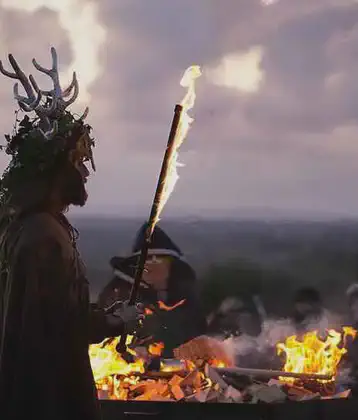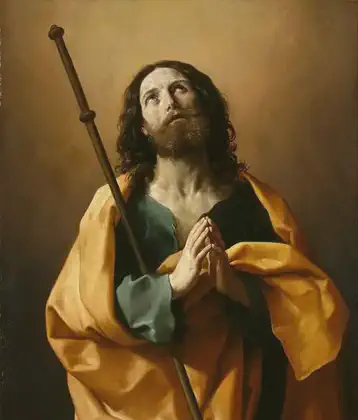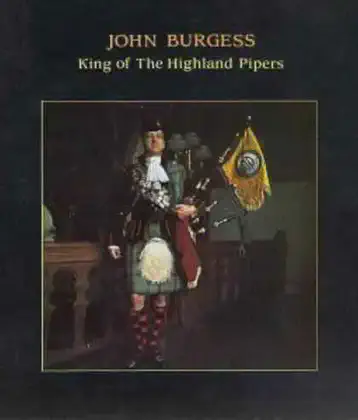On July 05, 1643 in Celtic History
Sir bevil grenville, died

Sir Bevil Grenville (1596-1643), Royalist soldier in the English Civil War, was educated at Exeter College, Oxford.
As member of Parliament, first for Cornwall, then for Launceston, Grenville supported Sir John Eliot and the opposition, and his intimacy with Eliot was lifelong. In 1639, however, he appears as a royalist going to the Scottish War in the train of Charles I.
The reasons of this change of front are unknown, but Grenvilles honor was above suspicion, and he must have entirely convinced himself that he was doing right. At any rate he was a very valuable recruit to the royalist cause, being the most generally loved man in Cornwall.
At the outbreak of the Civil War he and others of the gentry not only proclaimed the kings Commission of Array at Launceston assizes, but also persuaded the grand jury of the county to declare their opponents guilty of riot and unlawful assembly, whereupon the Posse comihalus was called out to expel them. Under the command of Sir Ralph Hopton, Sir Bevil took a distinguished part in the action of Bradock Down, and at Stratton (May 16, 1643), where the parliamentary earl of Stamford was completely routed by the Cornishmen, led one of the storming parties which captured Chudleighs lines (Clarendon, vii., 89).
A month later, the endeavour of Hopton to unite with Maurice and Hertford from Oxford brought on the battle of Lansdowne, near Bath. Here Grenville was killed at the head of the Cornish infantry as it reached the top of the hill. His death was a blow from which the kings cause in the West never recovered, for he alone knew how to handle the Cornishmen. Hopton they revered and respected, but Grenville they loved as peculiarly their own commander, and after his death there is little more heard of the reckless valour which had won Stratton and Lansdown.
Grenville is the type of all that was best in English royalism. He was neither rapacious, drunken nor dissolute, but his loyalty was unselfish, his life pure and his skill no less than his bravery unquestionable. A monument to him has been erected on the field of Lansdown.
Related Content

Shane Patrick Lysaght MacGowan, lead singer of the Pogues, died
Shane Patrick Lysaght MacGowan is an Irish-English musician and songwriter, best known as the lead singer and songwriter of the punk band The Pogues.
Read More
St Machar Day, patron saint of Aberdeen
Saint Machar is the Diocesan Patron Saint of Aberdeen; the Feast Day being observed on 12th November.
Read More
Oíche Shamhna - Cetlic New Year Eve (Halloween)
In Scotland and Ireland, Halloween is known as Oíche Shamhna, while in Wales it is Nos Calan Gaeaf, the eve of the winters calend, or first. With the rise of Christianity, Samhain...
Read More
ALBAN ELFED (Welsh Bardic name for autumn equinox)
Alban Elued, The Light of the Water, the first day of Autumn, was also called Harvesthome. Observed on September 21, the Autumnal Equinox was the day when the sun again began to...
Read More
Feast day of St. James
Guinness St. James Gate Since mediaeval times, Dubliners held an annual drinking festival in the Saint’s honor. Fittingly, Guinness chose St. James’ Gate as the site for their...
Read More
John Davie Burgess, King of the Highland Pipers, died at age 71.
John Burgess died on June 29, 2005 at the age of 71.
Read More
No location specified

No location specified

No location specified

No location specified

No location specified

No location specified

No location specified

No location specified